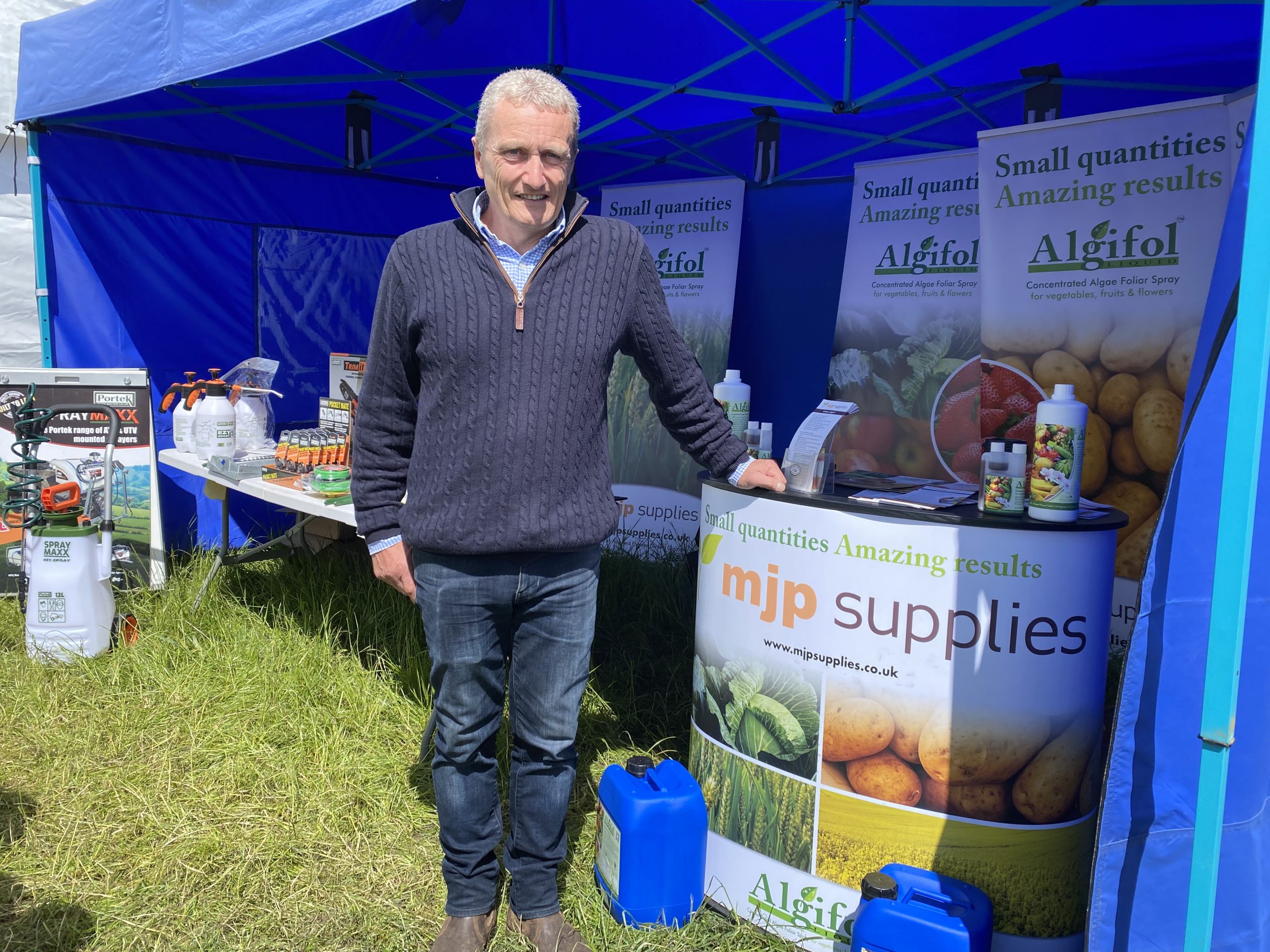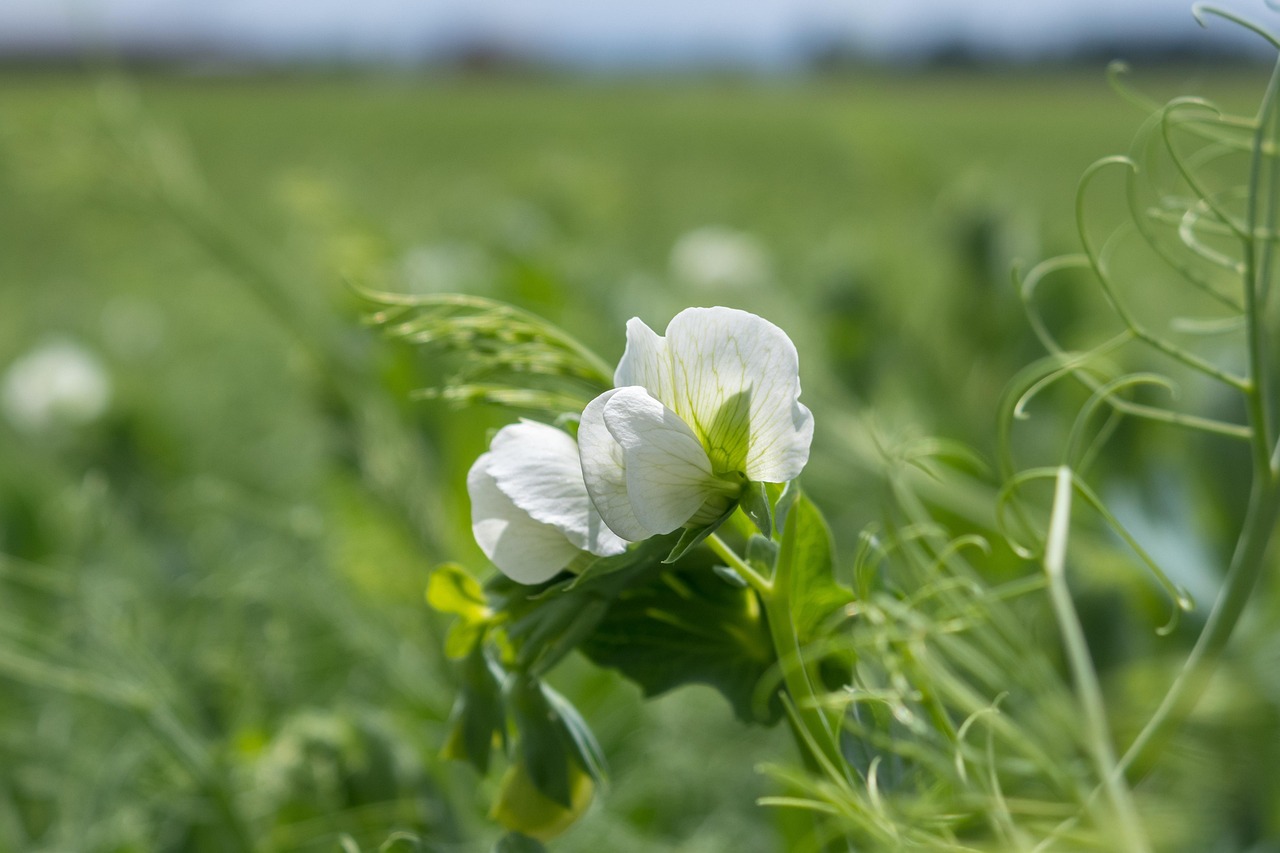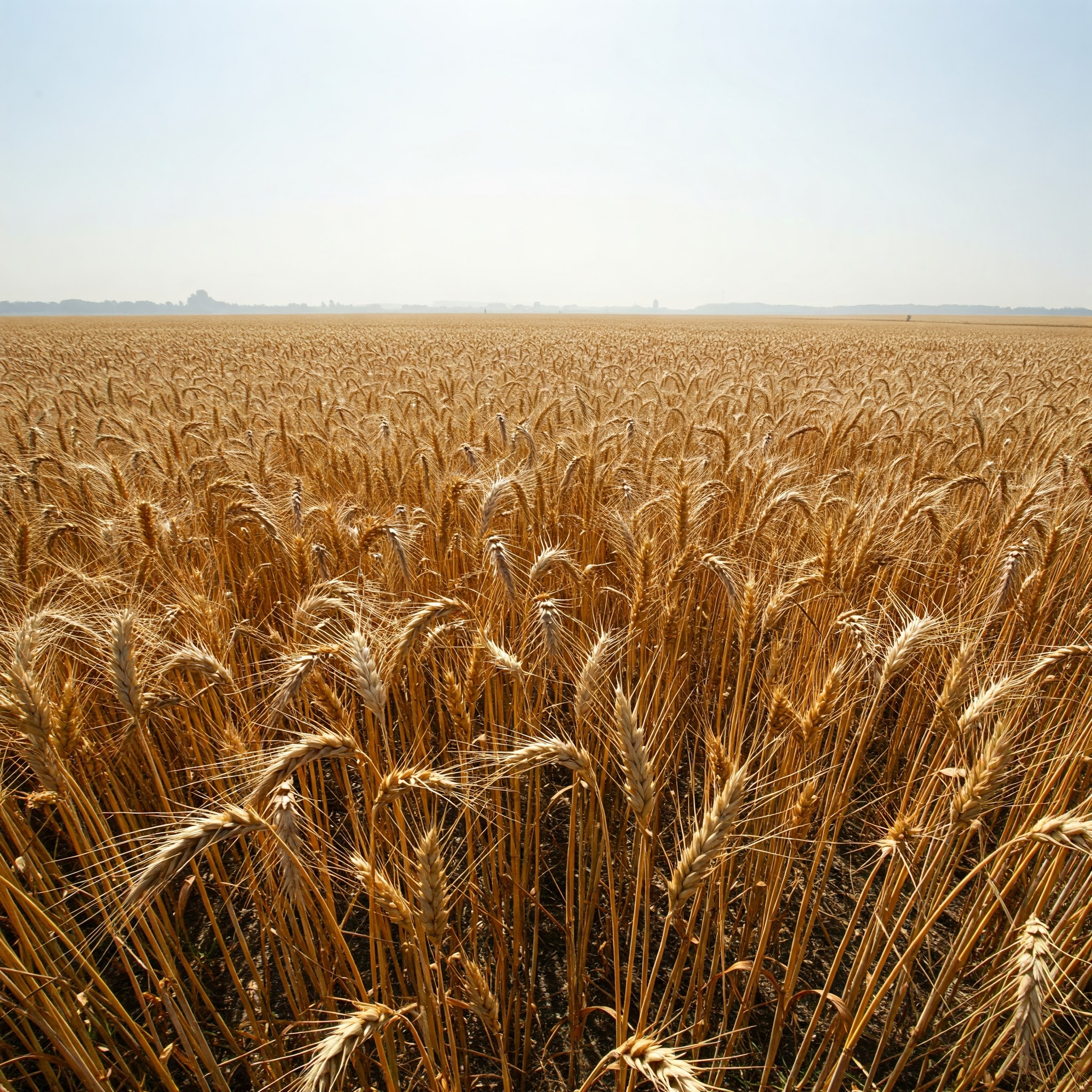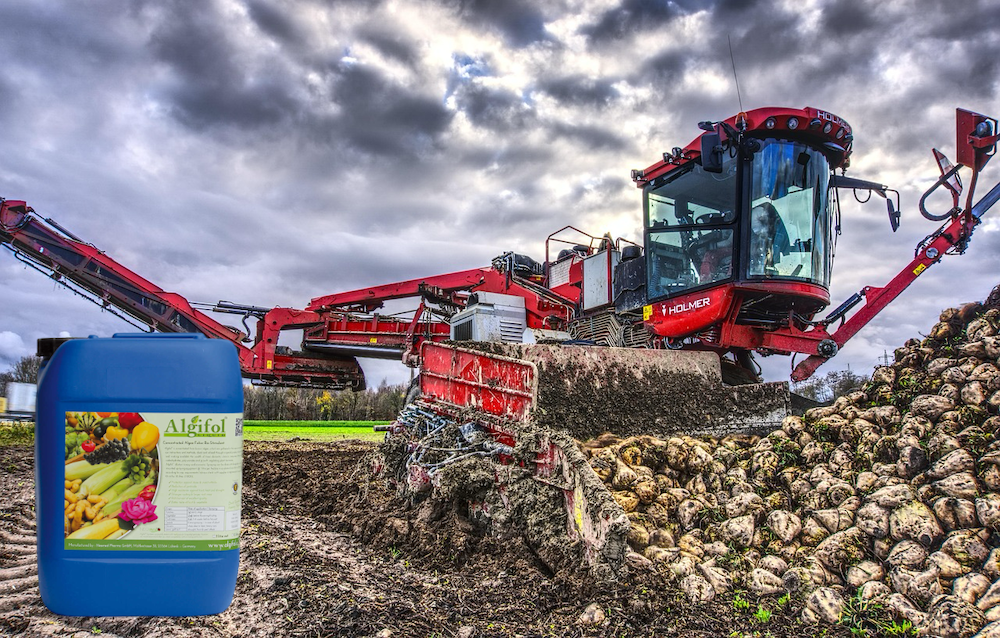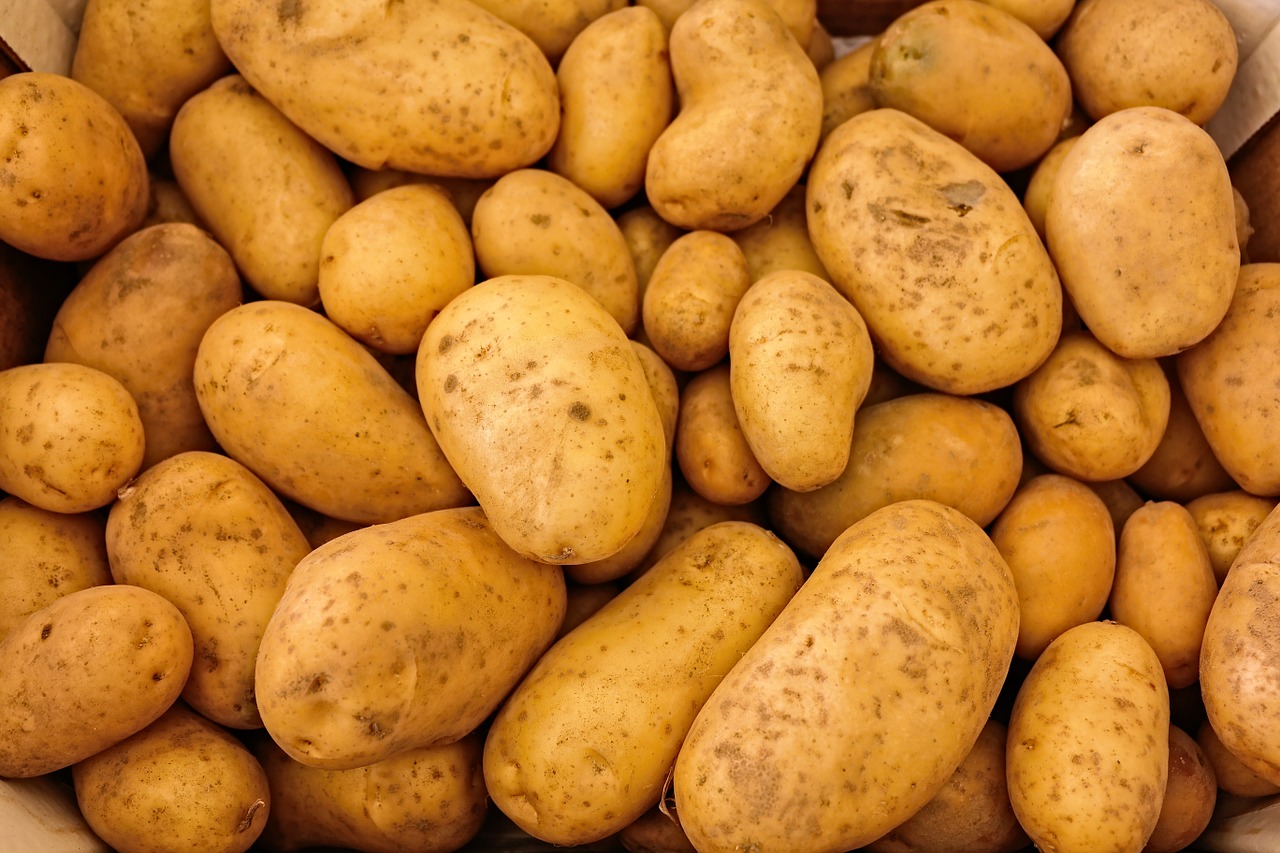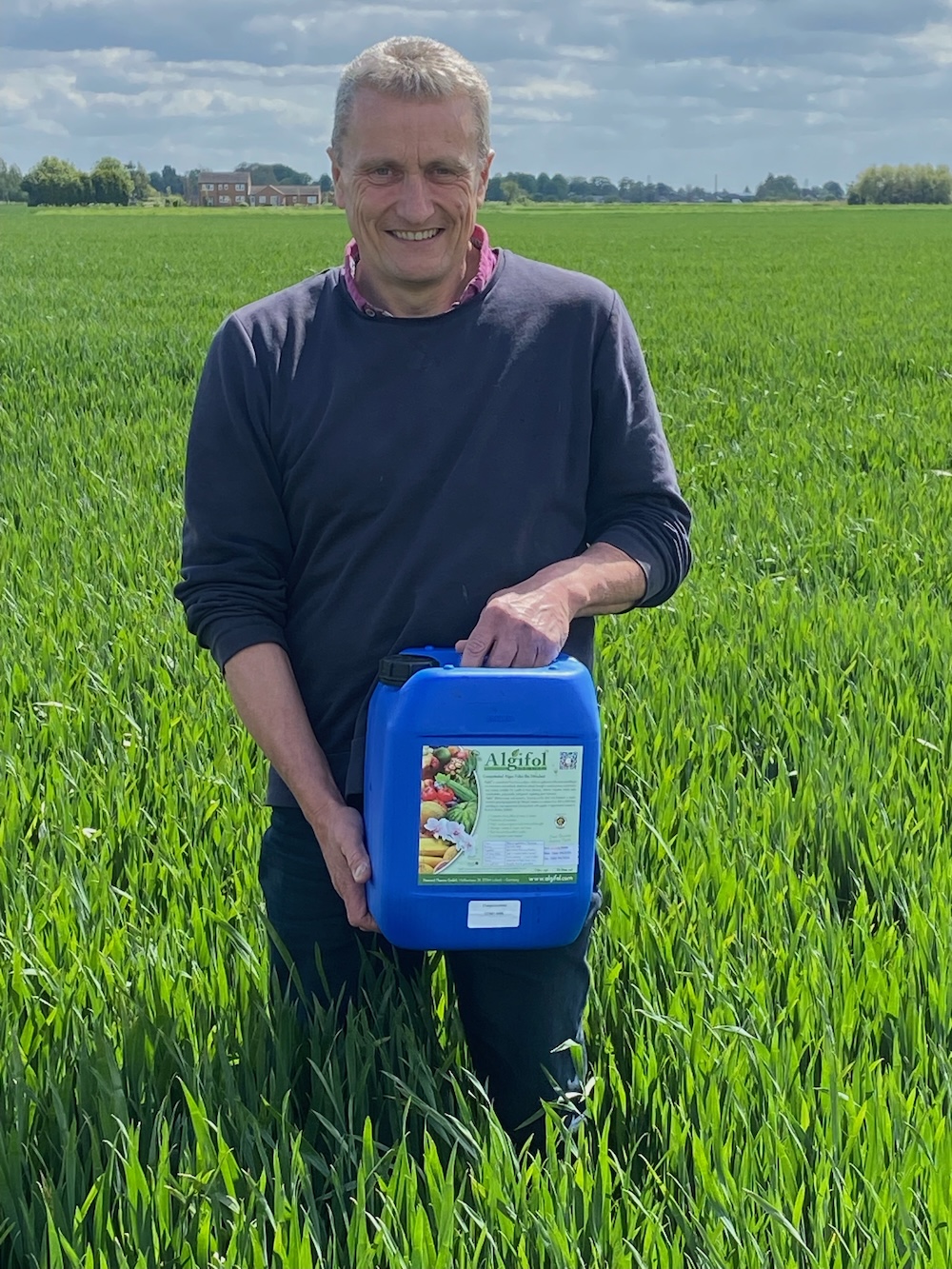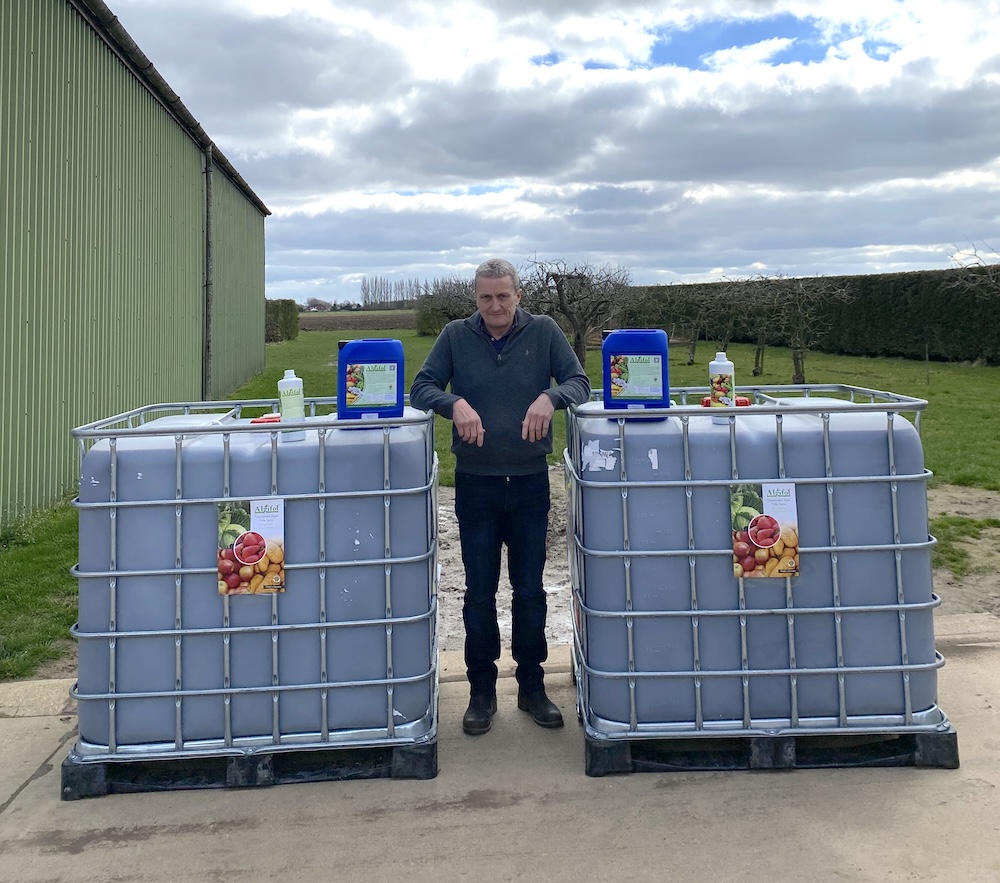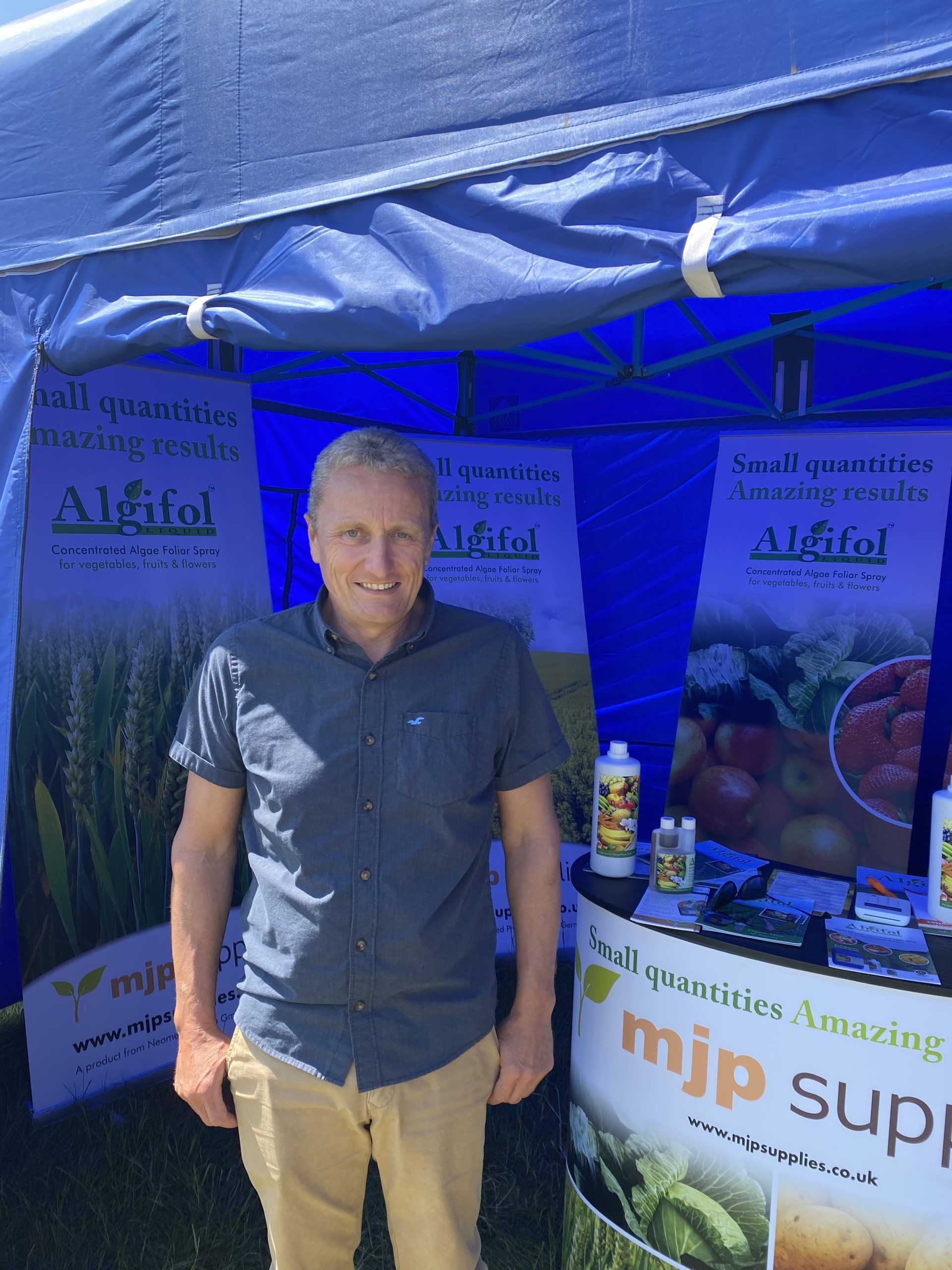When The Mercury Rises: Biostimulants Can Help Crops Survive Heatwaves
With the Met Office likely to declare a heatwave in the UK later this week, with temperatures rising above 28o C for three consecutive days in eastern England, crops will be under immense stress. Thankfully, biostimulants—particularly those derived from natural sources like seaweed—are proving to be valuable tools in the agricultural arsenal to help crops … Read more


